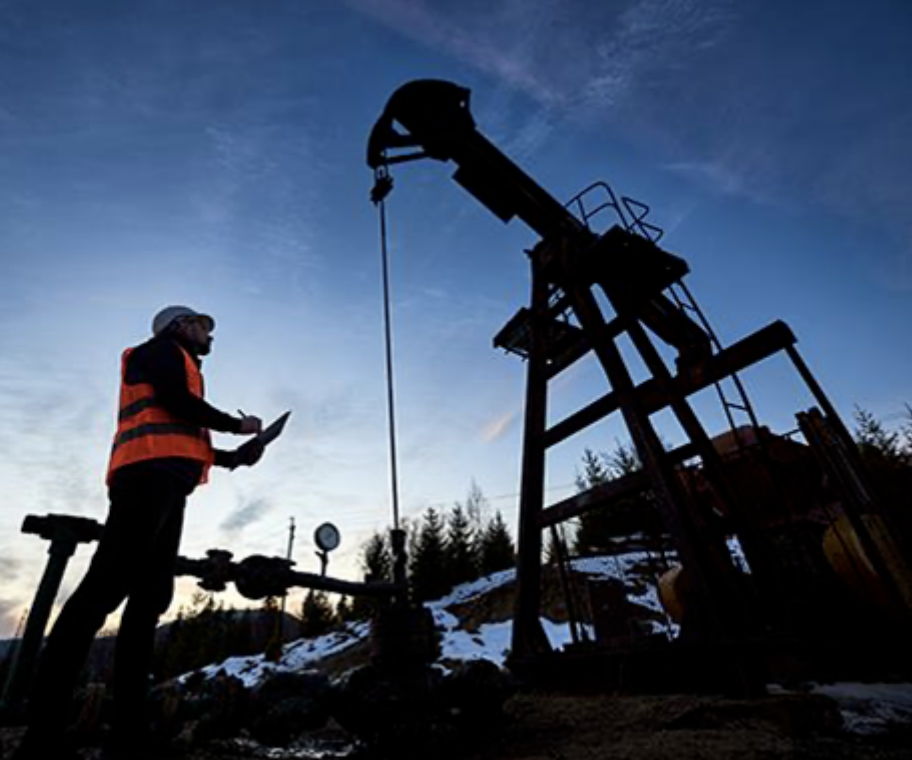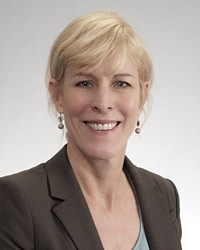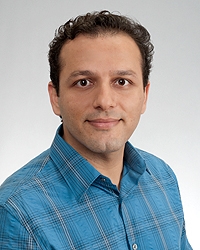
Subsurface Skills for Carbon Capture and Storage Professional Education Program
Subsurface Skills for Carbon Capture and Storage is a self-paced professional training course developed by the Gulf Coast Carbon Center, a global leader in CCS research. Designed for geoscientists, engineers, and other subsurface professionals, the course guides learners through the full lifecycle of a carbon storage project. From technical screening and modeling to monitoring and permitting, participants will gain the tools, context, and confidence to drive carbon storage development in real-world settings.
Through this program you’ll learn:
Core Technical Skills
- CCS project workflow
- Site screening methods
- Storage capacity estimates
- Modeling and monitoring basics
Real-World Applications
- Business and policy context
- Storage assessment tools from leading CCS experts
- Key success factors, storage plays and risk mitigation
- Permitting and project planning
- Career-ready CCS insights
Eligibility and Enrollment
This course is open to the public. Learners do not need to be enrolled students at The University of Texas at Austin to register for the course.
This program is for subsurface oil and gas professionals and leaders who would like to develop their skills for use in the global energy transition, specifically in the emerging industry of carbon capture and geologic storage (CCS), such as:
- Geologists, geophysicists, reservoir engineers, petroleum engineers and other technical subsurface O&G professionals
- Leaders, managers and others tasked with developing and/or assuring geologic storage for CCS projects
- Recent graduates in petroleum geoscience and reservoir engineering
The course is not an introductory course and is not intended for those new to the geoscience or energy sectors.
How to Register
Interested students should use a credit card to register through our secure online portal.
Meet the Program Creators

Alexander Bump
Program Director
Research Associate Professor, Bureau of Economic Geology, Jackson School of Geosciences

Katherine D Romanak
Research Professor, Bureau of Economic Geology, Jackson School of Geosciences

Seyyed Hosseini
Research Professor, Bureau of Economic Geology, Jackson School of Geosciences
Program Modules
| Module 1: The Context for Carbon Capture and Storage (CCS) Develop a strategic understanding of CCS economics, risks, and its role in climate mitigation frameworks. |
| Module 2: Subsurface Characterization Learn to evaluate subsurface conditions for CO₂ injection, including injectivity, migration, and geochemical behavior. |
| Module 3: Subsurface Characterization Continued Apply advanced storage capacity methods, trapping mechanisms, and seal analysis to assess CO₂ containment. |
| Module 4: Site Screening Learn to identify and evaluate potential CO₂ storage sites using key success factors and regional strategies. |
| Module 5: Fluid Flow Modeling Explore CO₂ injection dynamics through numerical modeling and area-of-review analysis for capacity estimation. |
| Module 6: EasiTool Tutorial Use EASiTool for rapid site screening, AoR visualization, and preliminary economic and storage assessments. |
| Module 7: Regulations and Monitoring Design risk-based monitoring plans aligned with evolving CO₂ storage regulations and environmental impact assessments. |
| Module 8: Detection and Impacts of Leakage Evaluate near-surface monitoring techniques to detect, attribute, and quantify CO₂ leakage and its impacts. |
| Module 9: The Outlook for CCS and the Barriers to Growth Analyze CCS growth trajectories, regulatory and economic challenges, and strategies for stakeholder and public engagement. |
Student Voices
As I had a background in the geological aspects of CCS, learning about the fluid flow and monitoring aspects were most useful to me. The EasiTool was particularly helpful.
The training was excellent especially in striking the balance between being too technical and too general. The contents and learnings are practical and really helps in day to day job and understanding
If you have never done (or have very limited knowledge of) CCUS, this course is recommended for you. The content is very relevant, mind-opening and actually quite easy to follow/ learn. And, instructors were excellent.
It was a very good first step into the CCS world for me and what challenges or problematics it brings to the G&G professionals.
The course fulfilled my expectation to know which is the current approach the screening CO2 geological storage locations. The quick techniques to evaluate sites were very useful.
The course is an excellent introduction of CCS. I am glad I have attended the course as it has enhanced my basic understanding on CCS industry.
As a person that new in CCS, this training is really great to increase my knowledge in CCS.
This course is very useful for who works as a technical adviser within governments. If someone wants to write a regulation or upgrade regulations, then this course is good for them.